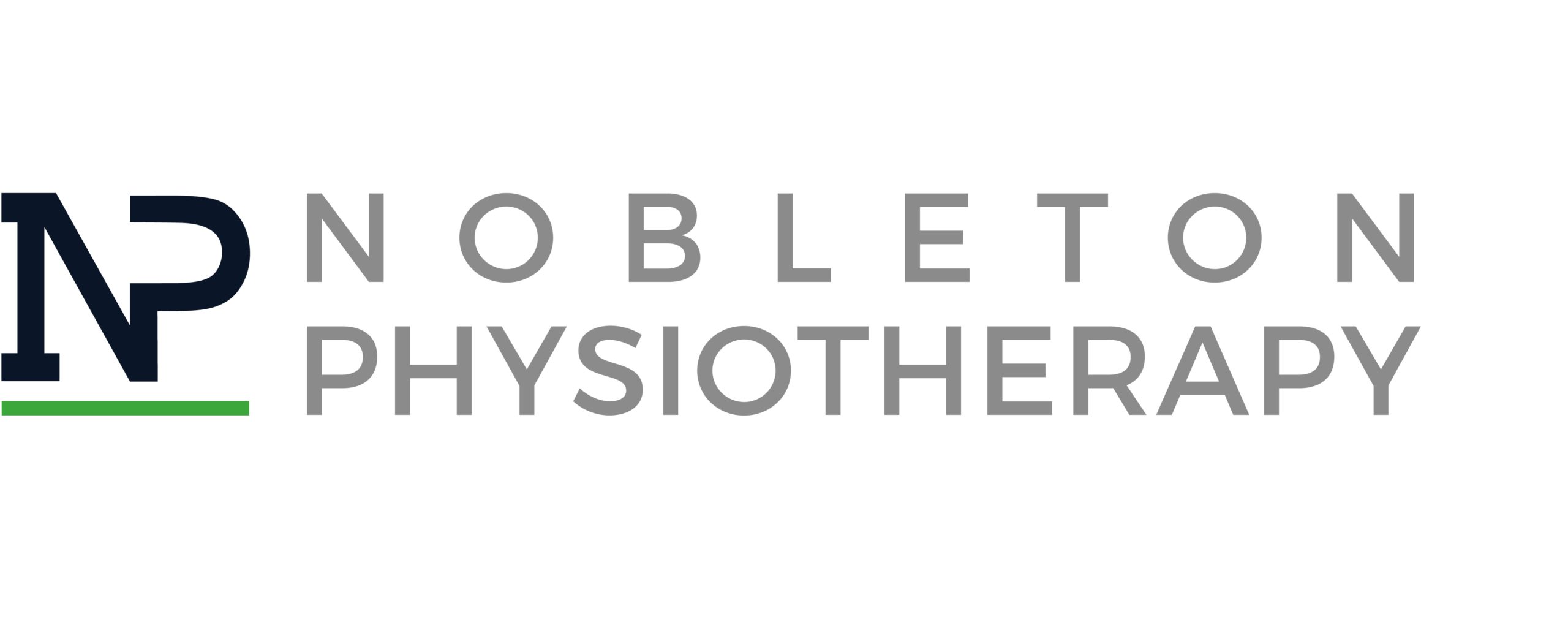So What Exactly is Pelvic Health Physiotherapy?
Pelvic Health Physiotherapy is the assessment and treatment of various conditions that involve the pelvic floor muscles and surrounding areas. Our goals are to improve pelvic floor function through exercises, lifestyle modifications, education and hands-on treatment to eliminate symptoms.
What is the Pelvic Floor? And Why is it Important? This is where we get a little nerdy!
The pelvic floor muscles are a basket of muscles that attach to the front, back and sides of the pelvic bone and sacrum.
They have 4 Main Functions:
1. Support – supports organs against gravity and intra-abdominal pressure
2. Sphincteric – maintains urinary/bowel continence
3. Stability – assists in stability of the spine, sacrum and hip joints
4. Sexual Function – allows for orgasm/blood flow

If we do not have proper strength, muscle length and coordination of our pelvic floor muscles & inner core, it could lead to pelvic floor dysfunctions such as:
- Urinary or bowel Incontinence
- Overactive bladder
- Pelvic organ prolapse
- Back pain or tailbone pain
- Pain with intercourse
- Longer recovery time post-partum
A strong and connected pelvic floor means:
- You should not have any bladder or bowel leakage
- You should not feel a pressure or heaviness in your pelvic region
- You should have not have low back or tailbone pain
- You should be able to exercise without pain or leakage
If we do not have proper strength, muscle length and coordination of our pelvic floor muscles & inner core, it could lead to pelvic floor dysfunctions such as:
- Urinary or bowel Incontinence
- Overactive bladder
- Pelvic organ prolapse
- Back pain or tailbone pain
- Pain with intercourse
- Longer recovery time post-partum
A strong and connected pelvic floor means:
- You should not have any bladder or bowel leakage
- You should not feel a pressure or heaviness in your pelvic region
- You should have not have low back or tailbone pain
- You should be able to exercise without pain or leakage

What are Some Causes of Pelvic Floor Dysfunction?
Pelvic Floor dysfunction can occur from a number of changes that our bodies go through in our lifetime. Some examples may include:
- Pregnancy – due to overstretching of the pelvic floor
- Labour & Delivery – trauma during this time can injure & weaken the pelvic floor structures
- Constipation – causes extra pressure on the pelvic floor & internal organs with straining
- Menopause – due to the changes in the levels of estrogen in your system & can impact vaginal tissues causing them to be weaker and less elastic
- Repetitive Heavy Lifting – puts extra pressure on your pelvic floor & internal organs
- Overweight/Obesity – can also be a problem & add extra weight to your pelvic floor
- Surgeries – abdominal, c-section, hysterectomies can impact pelvic floor tissues & muscles
Can I Just do Kegels to strengthen my pelvic floor muscles?
The easiest way to put it, is no! Not everybody should be doing Kegels, as they are not always indicated for all pelvic floor problems. Pelvic floor dysfunction can be related to either weak OR overactive pelvic floor muscles. Kegels are only useful for a true pelvic floor weakness. In addition, Kegels are often performed incorrectly and do not incorporate the breath correctly with it. If the pelvic floor muscles are overactive, then activating them even more will put more tension on them and that can actually exacerbate your symptoms.

How do I know if my Pelvic Floor Muscles are Weak or Overactive and which exercises I should be doing?
You have to get assessed! This is where pelvic health physiotherapists play an important role.. We are highly trained physiotherapists that are specialized in treating pelvic floor dysfunctions. Our practice includes both external and internal assessments and treatments. Once we determine the cause of your symptoms, we will give you the correct exercises to do.
Yikes! Do internal exams have to be done?
Yes they do! It is the only way to truly tell what the muscles are doing. It is through the internal exam that we can determine the tension, tone and strength of the pelvic floor muscles.
It can definitely be scary and intimidating – but we make it our number one priority to make sure you feel comfortable, respected and heard!
Who Can Benefit from Pelvic Floor Physiotherapy?
Everyone can learn and benefit from a pelvic floor physiotherapy session. It is important for everyone to learn about the location and function of the pelvic floor muscles – and expand their knowledge on healthy bowel and bladder habits. Pelvic floor problems are not limited to a certain age or gender.
More specifically, if anyone who is experiencing any urinary or bowel incontinence, difficulty emptying their bladder, constipation, urinary urgency/frequency, deep pelvic pain, pain with intercourse, pelvic organ propale, pregnant and/or post-partum, pre or post menopausal may benefit from pelvic floor physiotherapy. Even if you do not have any of these symptoms, some clients are interested in a proactive and preventative approach to minimize the risk of developing these issues in the future.

Contact us today to learn more and get your pelvic floor!
To help ease your concerns and answer any questions, I am offering a COMPLIMENTARY 10-MINUTE PHONE CONSULTATION!
We can chat and determine if Pelvic Health Physiotherapy will benefit you! Don’t delay, call 905-859-6708 to learn more!
Nadine Ghawi , MScPT, HBSc, MCPA
Registered Physiotherapist – Pelvic Health


Hey guys, anyone tried Spinluckybet? I just signed up and the slots seem pretty fun. Let’s see if it’s actually lucky! Check it out for yourself: spinluckybet
I haven’t fully vetted it out yet, but selcuksportshd1 is one of my backup stream providers. Usually have a few available qualities. Check it out at selcuksportshd1!
Downloading an APK? Always a bit nerve-wracking! Hope this tt88apk is safe and the games are actually good. Fingers crossed! Time to check out what’s cooking at tt88apk.
777betcasino… That’s the ticket! If you are looking for a new online casino, I highly recommend it. This platform has awesome bonuses! 777betcasino
Downloaded the goldsbetapk earlier. Installation was easy. Hopefully the interface is user friendly and i can have some fun! Perhaps give it a try yourself goldsbetapk.
Tried out the jiliokloginapp today. Login was pretty quick and easy. Haven’t played too much yet, but the interface seems clean. Give it a shot jiliokloginapp
Heard some buzz about shbet.80. Guess it’s worth checking out. Someone told me they had a decent win there last week so who knows maybe I will too. shbet.80